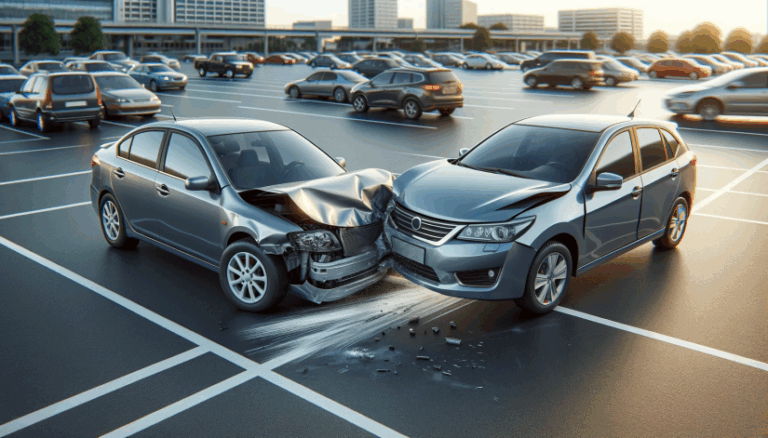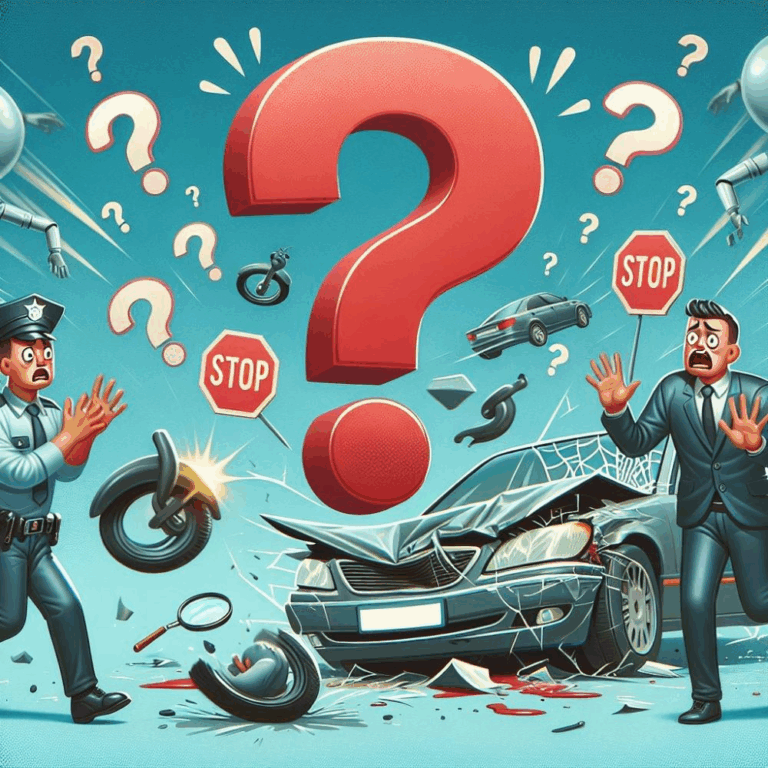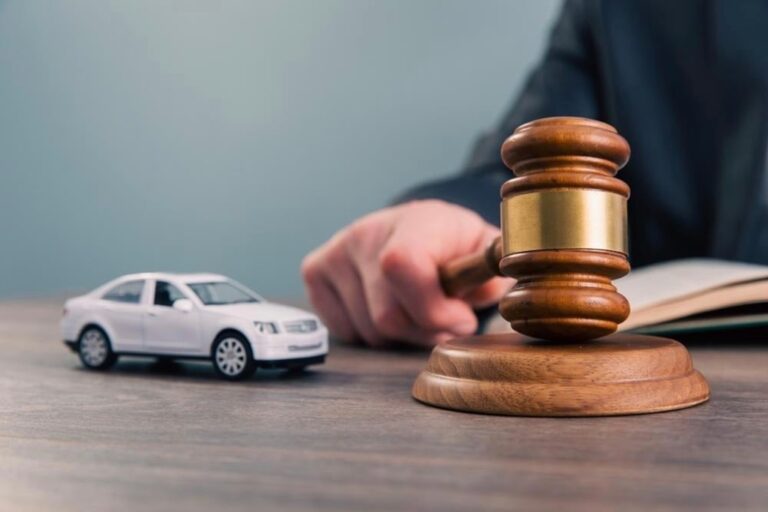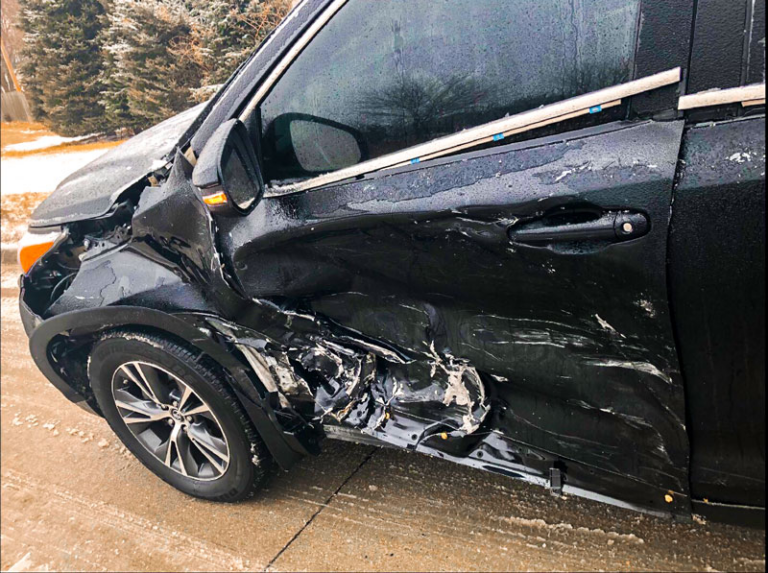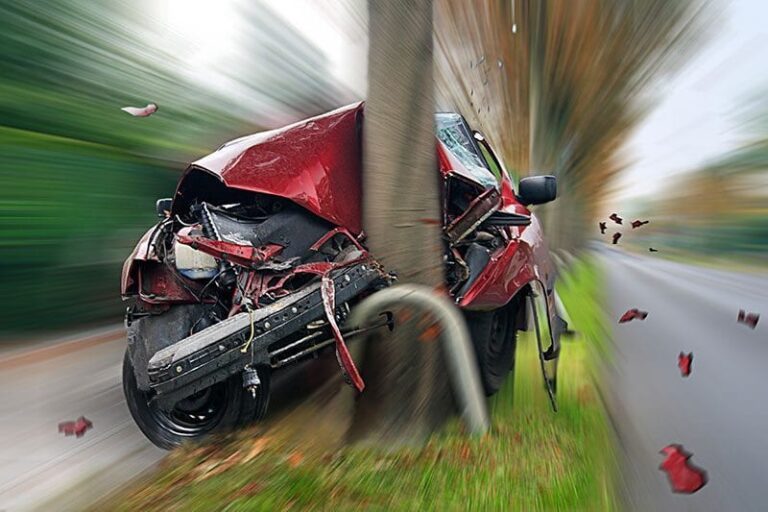Rear-Ended and Blamed? Why Fault Isn’t Always Automatic in Georgia

The Myth of Automatic Fault in Rear-End Collisions
Most people believe the driver in the back is always at fault in a rear-end crash—but in Georgia, that’s not always true. While rear-end accidents often point to following too closely or distracted driving, there are situations where the front driver may be partially or fully responsible.
If you were rear-ended and still being blamed—or if you were the rear driver but feel the other driver caused the wreck—this article explains how fault really works under Georgia law.

Common Reasons Rear Drivers Are Typically Blamed
Rear-end crashes often occur because the driver in back:
- Was following too closely
- Didn’t brake in time
- Was texting or distracted
- Was speeding or driving impaired
In these cases, it’s clear the rear driver failed to maintain a safe following distance, making them primarily liable.
But Georgia law doesn’t assume fault automatically.

When the Front Driver Can Be At Fault in a Rear-End Collision
There are exceptions where the front driver may share blame or be entirely responsible:
1. Sudden, Unnecessary Stops
- Slamming on the brakes for no reason can make the front driver liable.
- Example: A driver suddenly stops to answer a text, causing a collision.
2. Reckless Lane Changes
- A driver merges into your lane without enough space, giving you no time to stop.
3. Faulty Brake Lights
- If the front driver’s brake lights aren’t working, the rear driver may have had no way of knowing they were slowing down.
4. Accidents Involving Multi-Car Pileups
- The first driver hit in a chain reaction may not be at fault—but a driver several cars back could be.
5. Reversing Unexpectedly
- If a car backs into another at a stoplight or parking lot, the rear vehicle isn’t at fault.
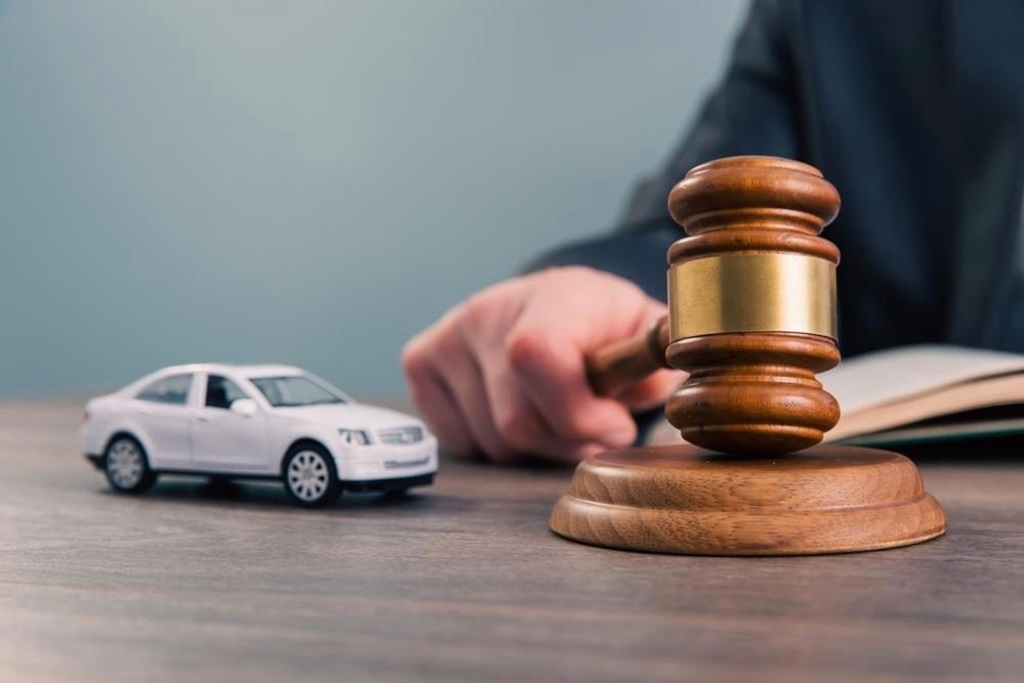
Georgia’s Modified Comparative Fault Rule
Georgia follows a modified comparative negligence system:
- You can recover compensation if you are less than 50% at fault.
- Your compensation is reduced by your percentage of fault.
Why this matters: If you were rear-ended but partially at fault (say, 20%), you can still recover 80% of your damages.
What to Do If You’re Rear-Ended (and Being Blamed)
1. Call the Police
- Always get an official accident report.
- The report may list the likely cause and document witness statements.
2. Gather Evidence
- Take photos of vehicle damage, road conditions, and traffic signals.
- Ask witnesses for their contact info.
- Save dashcam footage if available.
3. Get Medical Attention
- Some injuries—like whiplash or concussions—can take hours or days to appear.
4. Report to Your Insurance
- Provide a truthful, consistent statement and submit any evidence you have.
5. Talk to CAR WRECK COWBOYS
- Car Wreck Cowboys can protect you from being unfairly blamed, especially if the facts are unclear.

Final Thoughts
Being rear-ended doesn’t always mean the other driver is off the hook—or that you’re automatically to blame if you were in the back. In Georgia, fault is determined by the facts, not assumptions.
Need Help After a Rear-End Accident?
Whether you’re wrongly being blamed or need help proving shared fault, Car Wreck Cowboys is here to fight for your side of the story. Contact us today for a free consultation, and let us help you recover the compensation you deserve.

